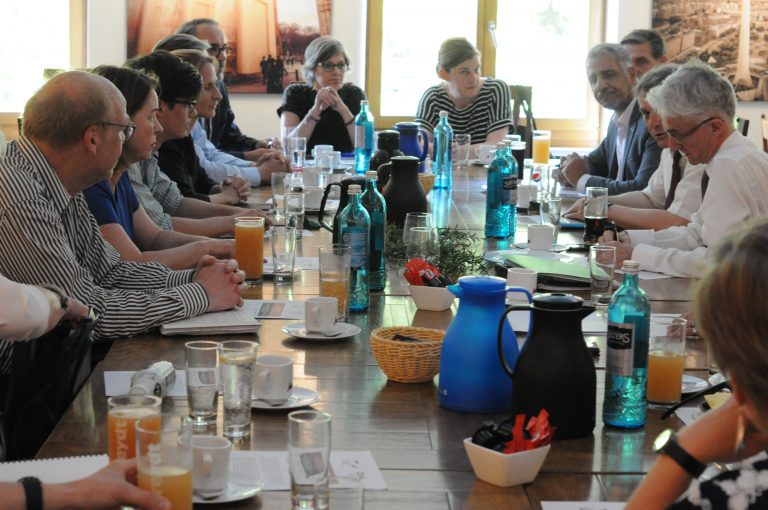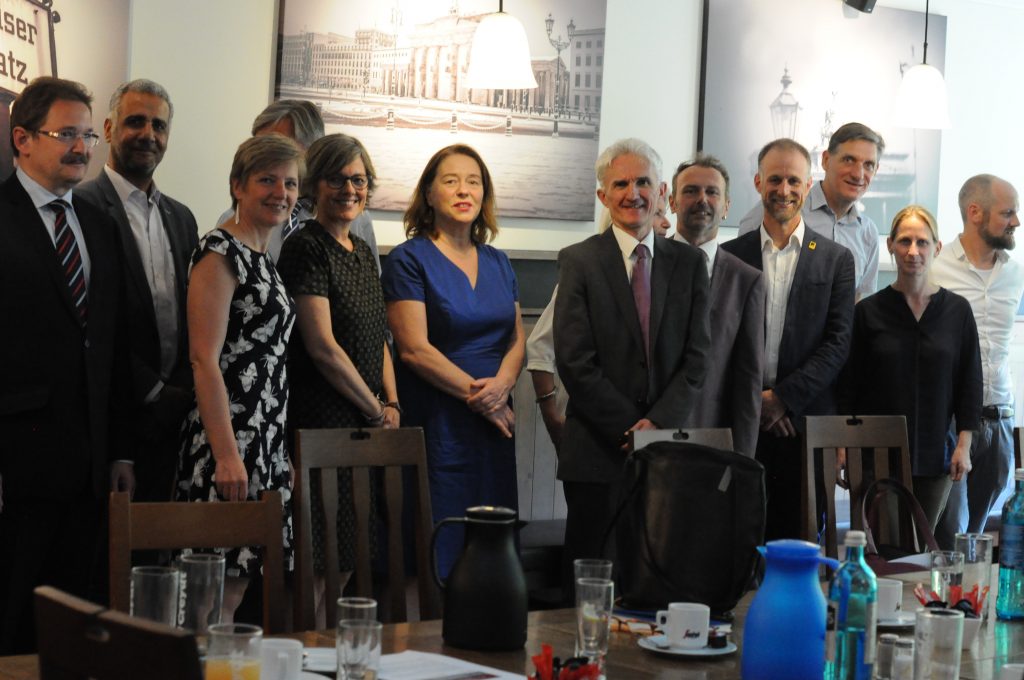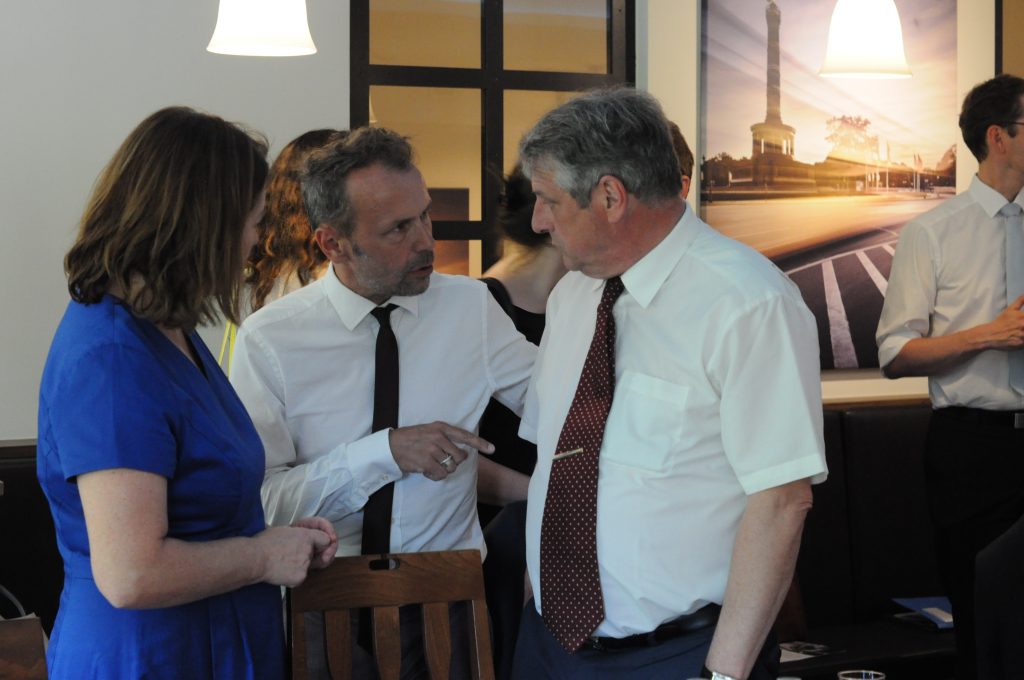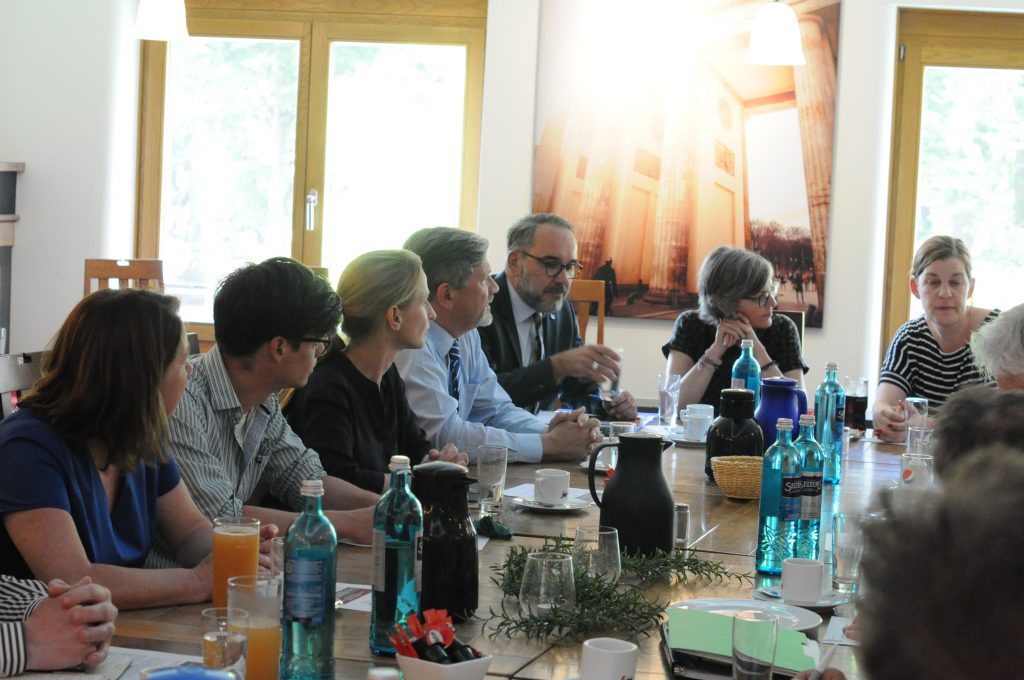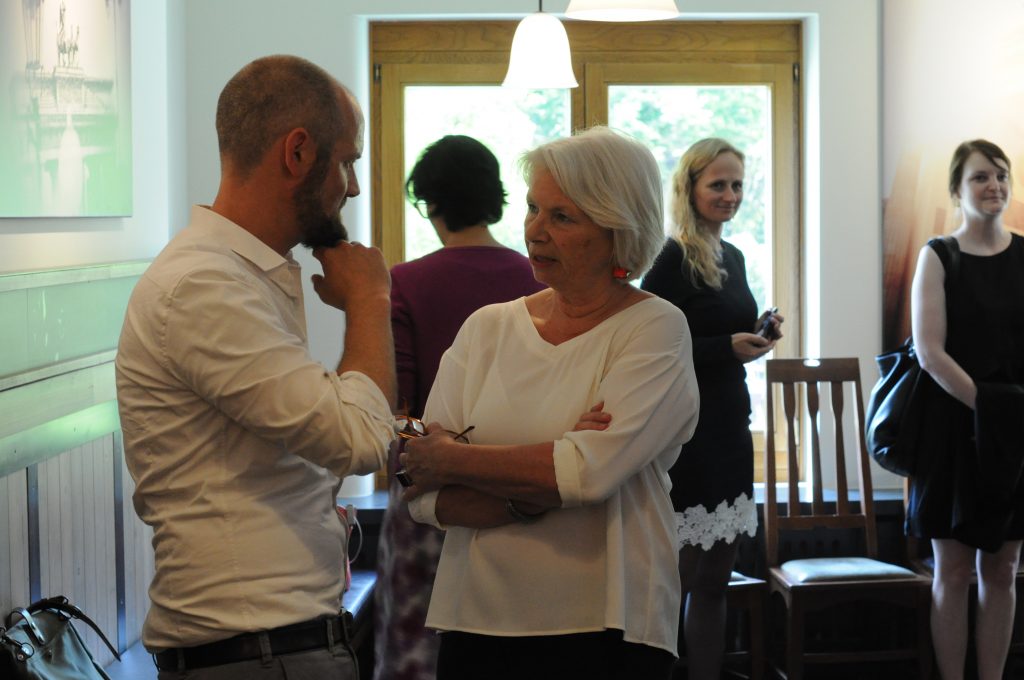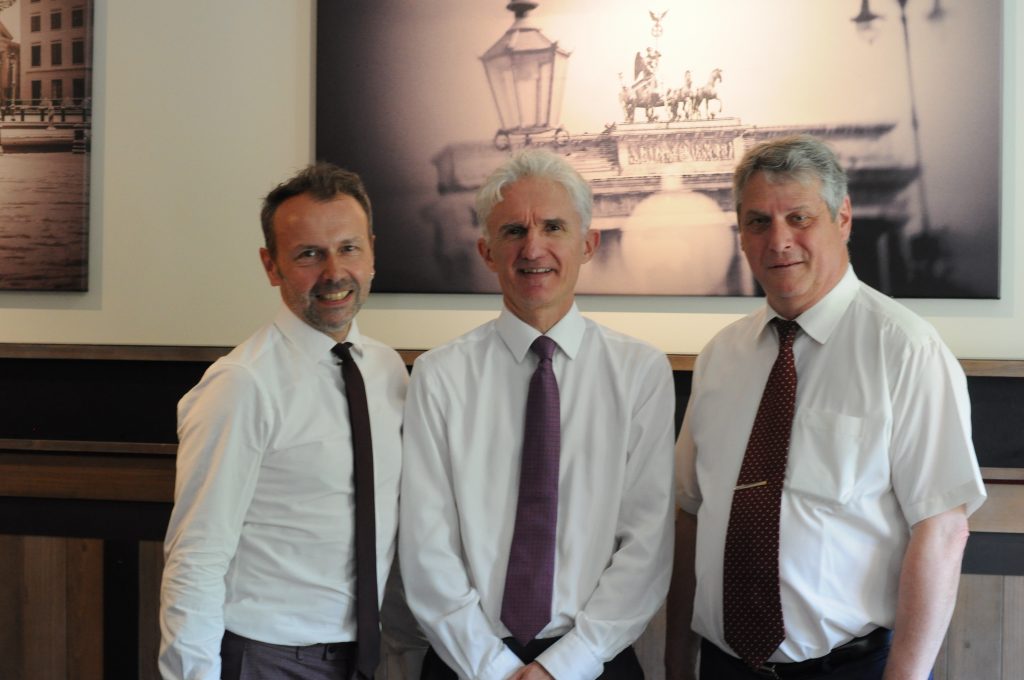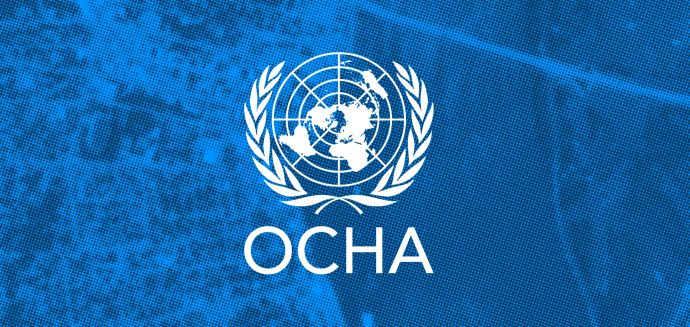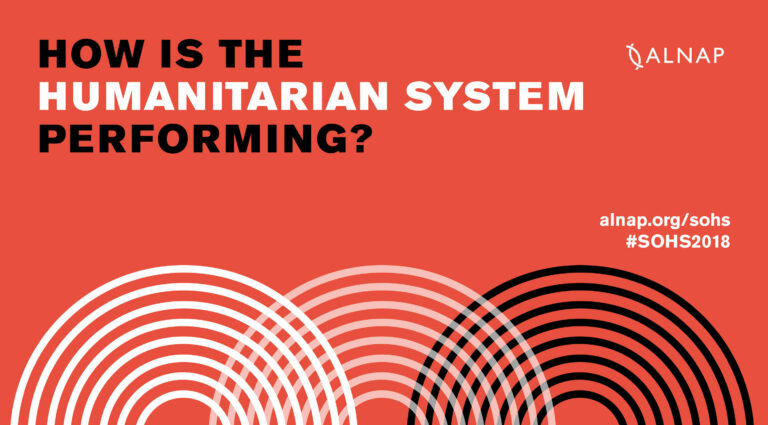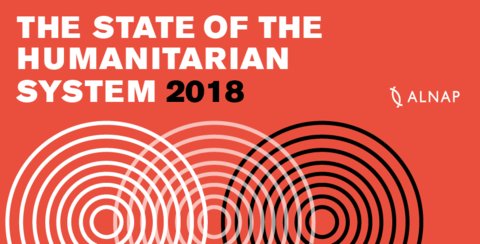CHA welcomed on 5th of June Mark Lowcock for a frank discussion on how humanitarian action can save more lives by anticipatory approaches and timely financing mechanisms.
Lowcock, UN Emergency Relief Coordinator and Under-Secretary for Humanitarian Affairs at the UN Office for the Coordination of Humanitarian Affairs (UNOCHA), discussed with co-host German Federal Foreign Office (GFFO) and top German humanitarian stakeholders opportunities and limitations of forecast based approaches and had important news to share:
Mark Lowcock announced that the UN’s Central Emergency Relief Fund (CERF) will for the first time allocate forecast-based funds amounting to $45 million USD to the Horn of Africa region (Somalia, Ethiopia and Kenya) for the impending hunger crisis caused by the looming drought. His speech can be read here.
The meeting addressed opportunities as well as challenges of anticipatory humanitarian assistance and forecast-based financing and its future establishment in the humanitarian system.
Anticipatory humanitarian action means that as soon as there is reliable evidence of an imminent disaster, mechanisms are activated that ensure a timely response before disasters strike or crises escalate. Forecast-based financing is a mechanism which can provide relief funds quickly after a pre-defined threshold has been reached which triggers the allocation of funds for early action.
Experience with forecast-based financing is encouraging in particular in the arena of weather related disasters plus in the health sector, as German Red Cross underlined in the meeting. However, in most arenas forecast-based financing has not been used at scale and the experts discussed related obstacles. In particular in conflict settings anticipatory assistance has so far a limited role to play and USG Lowcock shared his doubts if it can be applied in conflict driven crisis, while IRC Germany indicated upcoming research on the topic.
2/2 … – on weather related disasters he sees impressive pilots&success stories while potential for conflict settings and forecast based action might be limited. @theIRC colleagues shared highly interesting ongoing inhouse analysis which might come to more optimistic conclusion
Ralf Südhoff on Twitter
Representatives of international NGOs and the Red Cross/Red Crescent movement reported on their experiences with various anticipatory funding mechanisms, which they were able to gather in the Start Network and the IFRC Disaster Relief Emergency Fund (DREF).
#innovation. Forecast-based anticipatory humanitarian assistance: NGOs have @StartNetwork, IFRC has @IFRC_DREF. What does #UN have to finance early action? @UNReliefChief announces to open @UNCERF for an “anticipatory action pilot”.
— Centre for Humanitarian Action (@cha_germany) June 5, 2019
At the same time limitations of anticipatory approaches have been discussed as CHA director Ralf Südhoff mentioned on Twitter:
Touching on much debated potential of #humanitarian #insurance schemes @UNReliefChief has been frank with @cha_germany indicating weather disasters eg at @Horn of Africa are not insurable as these happen too often today; overall insurance has potential to cover 10-15% of needs.
Ralf Südhoff on Twitter
Participants: German Red Cross, Germany’s agency for internationals cooperation (GIZ), Global Public Policy Institute (GPPi), International Organization for Migration (IOM), International Rescue Committee, Islamic Relief, Maecenata Foundation, Médecins Sans Frontières (MSF), Norwegian Refugee Council (NRC), Oxfam Germany, Diakonie Katastrophenhilfe, Save the Children, United Nations High Commissioner for Refugees (UNHCR), World Food Programme (WFP)


